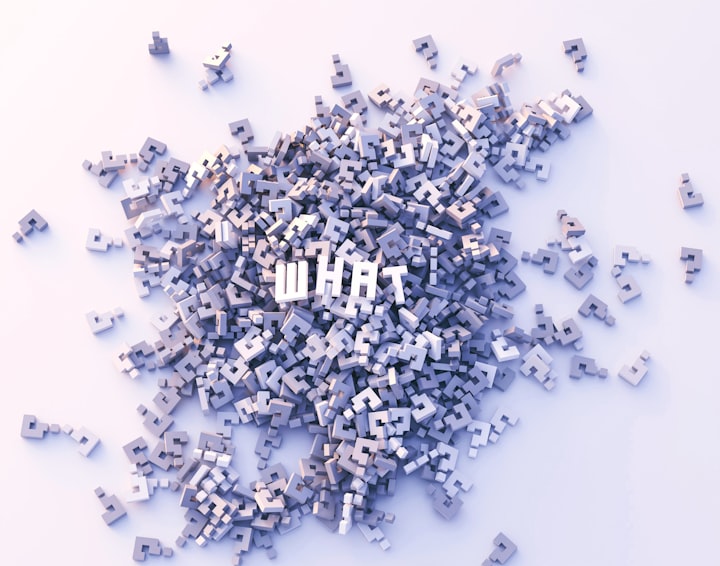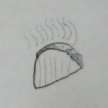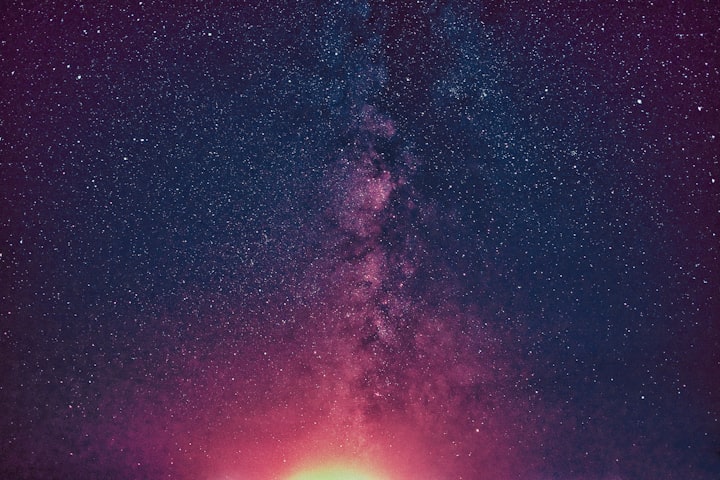
Okay but can we talk about how time is both fixed, continuous, relative, and nondescript all at once?
While also being able to break its relational ties to the space it inhabits (or creates)?
Does space inhabit time or vice versa?
Is time actually reliant on space for its functional movement or can this movement be isolated within an individually structural form (i.e time crystals)?
Do particles and matter within a form such as a time crystal actually necessitate their own temporal and spatial limits or is time capable of building a crystallized structure relative only to its own movement through time?
Can these temporal movements actually happen without the need for referential space to hold the physical causations necessary to prove they actually happen dimensionally?
Aside #1:
One of the more powerful ways the ego dissipates is through any experience resulting in true and extreme loneliness and grief for a subject, but especially humans brought up within tight-knit social groups/nets where reciprocation and individual emotional welfare are established and commonly practiced.
Those that experience any extreme form of this loneliness or grief find no one to relate to and lose any respective sense of self by an inability to find relational meaning as everything including themselves feel stuck and inaccessible by these lonely experiences and the static way they perceive the ego and its boundaries through any lens of loneliness and grief>
*************************************************************
Is it a passing feeling or a moment trapped in time?
How does this change/alter the way we conceptualize and process “the commodity” and the way we handle/use/communicate through the respective transactions it creates?
Does the function of the transaction exist within our socio-economic spaces regardless of each commodity that is being presented to it?
Or is the existence of the commodity forcing/causing the transaction to happen out of a necessary part of its physical/material existence?
Are we actually capable of separating the two (regardless of what economic principles/ideologies are being used to communicate the transaction/exchange) and is it even possible for either to function/exist correctly without the other?
Is the conceptualization of the commodity (form) actually necessary to crates and exchange value from any given mode of transaction (i.e can the transaction separate itself from commodity form while continuing to use and reciprocate value form)?
Are objects reflective parts of a temporal panopticon or time-space perception of subjects?
Are these the same thing and is it nonsense to even form an answer?
Can we ever find true peace if we can’t find our true selves?
*******************************************
Questions on reflective interpretations:
How do we let ourselves fall into what we don’t have to become?
To what extent are we moving ourselves toward dangerous/negative thought patterns that actually harm individual and social well-being/health?
Must we see the worst parts of our “selves” and destroy/change/run away from/abandon these very parts to get each of our individual conceptions of “Self” away from solidifying what may sadly be an intrinsic part of our collective human psychologies/ecologies/sociologies/dichotomies?
Do we need to see our individual self(s) in this lens to actually change each individual self and the social webs we both create and participate in?
Are we actually able to apply this framework in a way that produces sustainable and (relatively) universal change?
Can this change actively be applied to our societies that are diverse in: demographics, locations, social psychology, and economic capabilities?
How can we alter this framework if our diversity is not adequately changed and accounted for within our societies?
Why does madness and absurdity appear the way it does?
Why is this part of the experience so repetitive in the way it rises/falls, relative to its and natures’ own limitations?
Why does life and creativity feel like constant questions?
How/why do pages sometimes feel like lines of unanswered/disorganized and unintended responses to questions?
What part of creative works makes them feel/appear more limited to their base material?






Comments
There are no comments for this story
Be the first to respond and start the conversation.